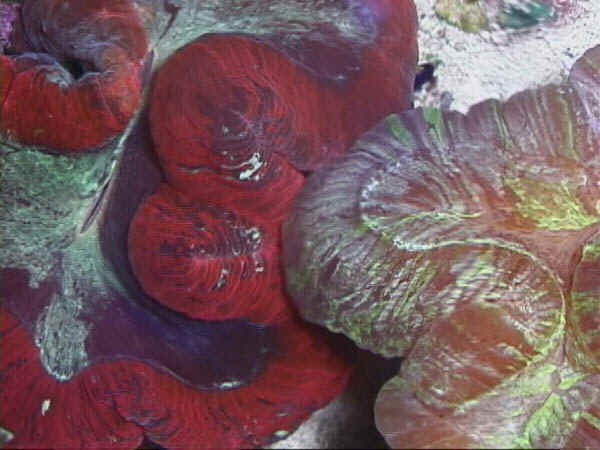Just trying to understand how things influence each other.
I know that having excess dissolved CO2 in the aquarium will lower your PH.
Does CO2 lower alkalinity as well?
Somewhere I saw a test explained where you take a sample of water, measure the PH, then go aerate it outside to gas off any excess CO2 and measure the PH again. PH increase after aeration means you had excess CO2 holding your PH down. I did that and my PH went from 7.8 to 8.1 after ~15 minutes of aeration outside.
If I did the same test but measuring alkalinity, would I expect to see any change?
I could just do the test, but if somebody knows I'd rather save the hassle. I tried reading some papers that discuss the relation between CO2, alkalinity, and PH, but I don't know enough chemistry to make sense of it.
I know that having excess dissolved CO2 in the aquarium will lower your PH.
Does CO2 lower alkalinity as well?
Somewhere I saw a test explained where you take a sample of water, measure the PH, then go aerate it outside to gas off any excess CO2 and measure the PH again. PH increase after aeration means you had excess CO2 holding your PH down. I did that and my PH went from 7.8 to 8.1 after ~15 minutes of aeration outside.
If I did the same test but measuring alkalinity, would I expect to see any change?
I could just do the test, but if somebody knows I'd rather save the hassle. I tried reading some papers that discuss the relation between CO2, alkalinity, and PH, but I don't know enough chemistry to make sense of it.

















